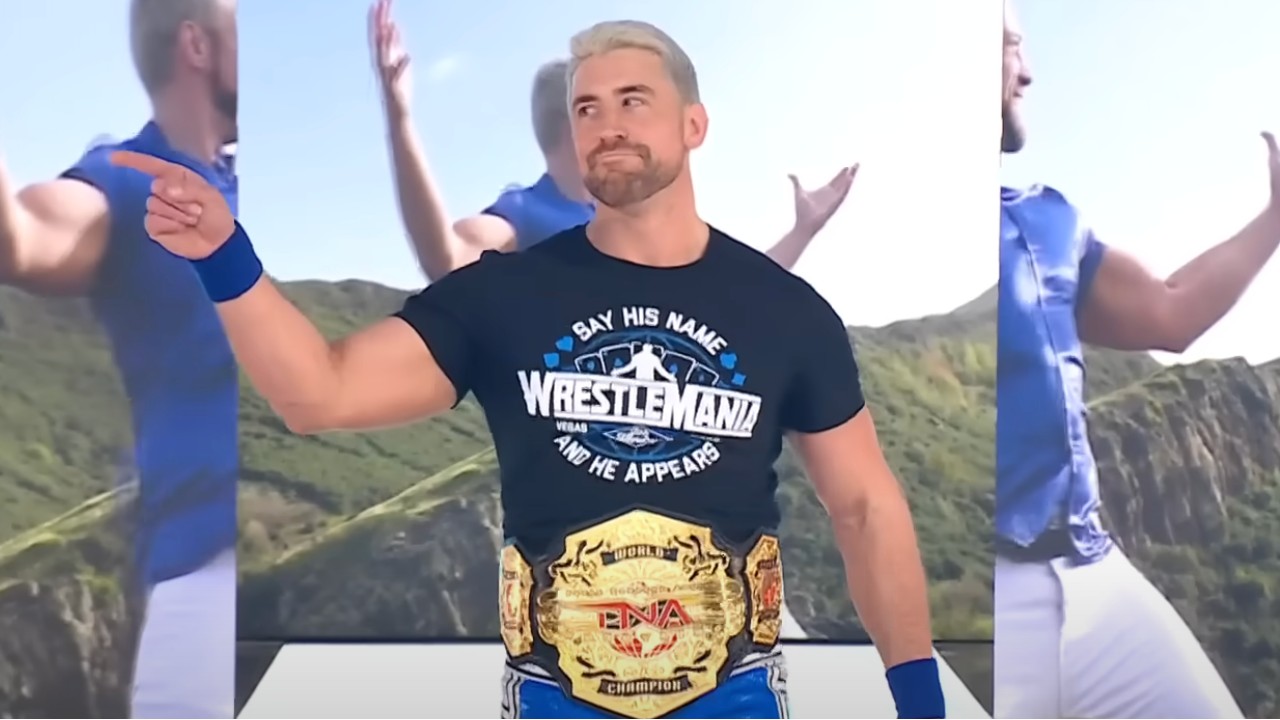If someone walks up to you and tells you that the sky is blue, you don’t need to look up to make sure they’re right. The sky was blue when you were playing with your friends in the park when you were eight and was blue when you left for work this morning. Paintings by Rembrandt and Monet tell you that the sky has always been blue. It’s a matter of common knowledge - things that we understand and don’t have to think about because of logic or sense. But while the sky may always be some shade of blue, there are some things that we think we understand, when the truth is that we have no idea.
That’s where economist Steven Levitt and journalist Stephen Dubner come in. In 2005, the two teamed-up to write the book Freakonomics. Covering a wide-range of topics, the two set out to demonstrate that statistics and figures can be used to belie things we previously believed to know as fact. Now, documentarians Seth Gordon, Alex Gibney, Morgan Spurlock, Eugene Jarecki, Heidi Ewing and Rachel Grady have created a documentary based on Levitt and Dubner’s findings that is not only endlessly fascinating, but also immensely entertaining.
Separated into four chapters with interludes directed by Gordon, each documentarian (or pair of documentarians in Ewing and Grady) takes on a different section of the book and analyzes it in their own style. First up is Spurlock (Super Size Me), who attempts to discover if a person’s first name can dictate their success in life. Next, Alex Gibney (Taxi to the Dark Side) investigates corruption in the thought-to-be sacred world of Japanese sumo wrestling. Eugene Jarecki (Why We Fight) then looks at the incredible drop in crime rates during the 1990s and finally, Ewing and Grady (Jesus Camp) aim to learn if cash incentives can motivate underachieving students in Chicago public schools.
From a filmmaking standpoint, one of the most captivating aspects of the movie is the contrast between each director’s style and tone. Anyone who has seen Super Size Me knows that Spurlock has a fun and good-humored approach to his material, but fans of Gibney’s work will recognize his more business-like approach. While these kinds of tonal shifts could potentially kill a movie, Freakonomics embraces all of its creative minds so well that it isn’t jarring in the slightest. Had these veterans instead decided to corrupt each others styles by meshing them together, it wouldn’t have worked as well.
Above all, what makes the documentary great is its material. While much of the film’s content comes directly from the book of the same name, the visual interpretation of the data, interviews and outside perspectives keep it from being repetitive for those that have read Levitt and Dubner’s work, while those uninitiated will be floored by the statistical conclusions. The most controversial section - and consequently the most well known – finds that there’s a link between the Supreme Court case that legalized abortion, Roe v. Wade, and the falling crime rates in U.S. cities during the final decade of the 20th century. Without looking at the numbers the idea seems bizarre, but as Jarecki, Levitt and Dubner explain it, it’s hard to keep your jaw from hitting the floor.
In a fantastic twist of irony, the movie even manages to dispel a misperception about documentary films: that they’re boring, flat and serve no entertainment purpose. While there aren’t any gun fights or Michael Bay-sized explosions, it would be impossible for any casual movie-goer to be bored by this film. Freakonomics is interesting, engaging, occasionally laugh-out-loud funny, and, simply, a fantastic documentary.

Eric Eisenberg is the Assistant Managing Editor at CinemaBlend. After graduating Boston University and earning a bachelor’s degree in journalism, he took a part-time job as a staff writer for CinemaBlend, and after six months was offered the opportunity to move to Los Angeles and take on a newly created West Coast Editor position. Over a decade later, he's continuing to advance his interests and expertise. In addition to conducting filmmaker interviews and contributing to the news and feature content of the site, Eric also oversees the Movie Reviews section, writes the the weekend box office report (published Sundays), and is the site's resident Stephen King expert. He has two King-related columns.











